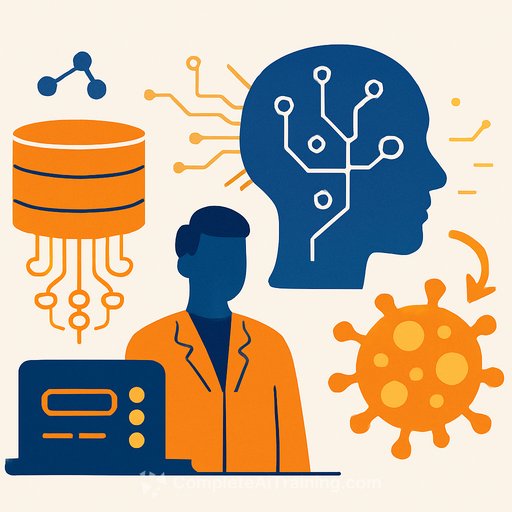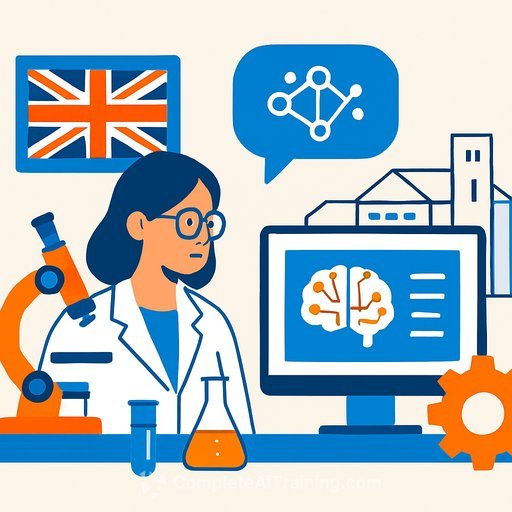Quantum Computing and AI Collaborate to Target KRas in Cancer Therapy
Drug discovery often demands screening millions of compounds to find a single effective candidate. This process becomes even more challenging with targets like KRas, a protein frequently mutated in cancers and notoriously difficult to inhibit.
Researchers are now leveraging quantum computing combined with artificial intelligence (AI) to accelerate this search. Unlike classical computers that analyze one drug candidate at a time, quantum computers use qubits capable of representing multiple states simultaneously. This allows them to evaluate thousands of drug designs in parallel, significantly speeding up the discovery process.
How Quantum Computing and AI Work Together
Christoph Gorgulla, from St. Jude Children’s Research Hospital, described a workflow that started with a training dataset of about 1.1 million molecules known or predicted to target KRas. This dataset included compounds from literature, molecule libraries, and algorithm-generated variants. The quantum model learned the chemical features common to promising inhibitors from this set.
Once trained, the quantum model generated thousands of molecular patterns likely to fit KRas's binding pockets and block its function. These patterns were further refined by AI algorithms running on classical computers to produce chemically valid structures.
- Top molecules were evaluated based on toxicity, design feasibility, and binding affinity.
- Best candidates were fed back into the model, improving its predictions through iterative learning.
- After multiple cycles, approximately 1 million potential drug candidates were generated.
The team synthesized and tested the top 15 candidates in laboratory assays. Two molecules—ISM061-018-2 and ISM061-022—emerged as effective inhibitors of KRas in cell-based tests while showing safety in cells.
Implications and Future Outlook
Although these new candidates may not yet outperform existing KRas inhibitors, the approach demonstrates a promising early application of quantum computing in drug discovery. Angela Wilson, a chemistry professor at Michigan State University, noted that this work marks an encouraging step toward incorporating quantum computing into pharmaceutical research.
The current system does not yet achieve quantum advantage—the point where quantum methods outperform all classical alternatives. Further advances in processing power are needed, which experts estimate could take another four to five years.
Still, this method has the potential to dramatically shorten drug development timelines by facilitating the rapid generation and evaluation of novel compounds.
Learn More About AI and Quantum Computing in Drug Discovery
For professionals interested in expanding their expertise in AI applications, including drug discovery, explore comprehensive AI courses tailored to research and science fields.
Understanding how emerging technologies like quantum computing integrate with AI can open new avenues for innovation in biomedical research.
Your membership also unlocks:






